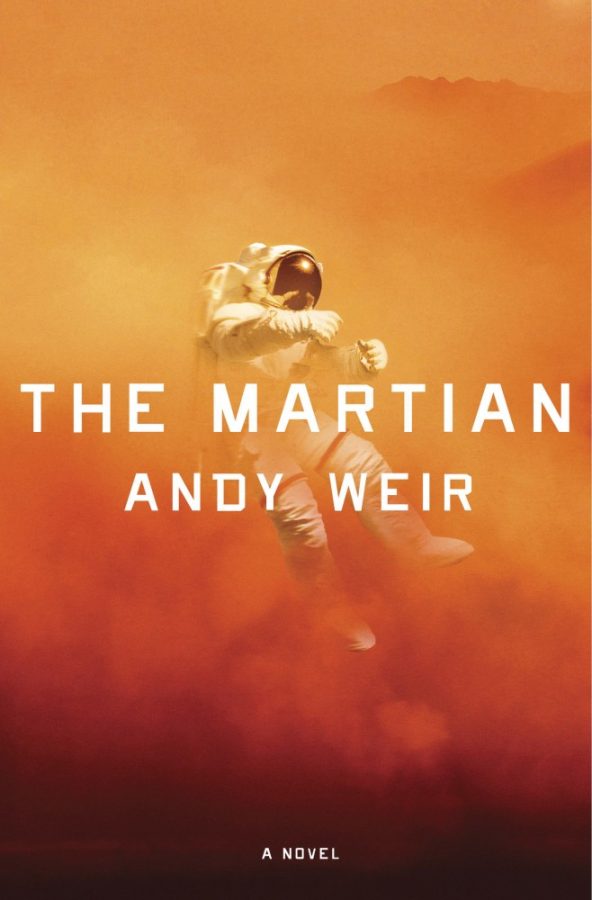What would be your first reaction to finding out that you were stranded in a barren wasteland at least 33 million miles away from civilization? Astronaut Mark Watney is confronted with this very situation in Andy Weir’s science fiction novel “The Martian” and probably speaks for the vast majority of us with his opening line, “I’m pretty much …” well, let’s go with “[ducked.]” Watney is ducked.
The novel begins with Watney regaining consciousness after being hit with flying debris during a Martian sandstorm and subsequent evacuation of the landing site. His five fellow astronauts, all scheduled to remain on Mars for the next month, had to abandon their mission and their presumed-dead colleague—assumed to have died in the severe weather conditions—and are on their way back to Earth by the time Watney is able to assess his situation.
Now, with no way to contact NASA or his crewmates and the next Mars mission due to arrive on the planet in four years, Watney has to figure out how to survive in the harshest environment humans have ever set foot on.
I first heard about this book after seeing the trailer for 21st Century Fox’s film adaption, which opens in theaters today. While perusing the shelves of Barnes and Noble one afternoon, I came across Weir’s novel and thought that I might give it a try. After reading the first few pages I was definitely intrigued. The first several chapters of the book are told from Watney’s point of view through daily mission log entries, filled with his sarcasm and a sense of humor that he miraculously holds on to in his bleak situation.
I enjoyed Watney’s personality at first, but after a few chapters the conversational tone began to get a bit bland; I had expected more from a New York Times Best Seller. Around chapter six, however, the point of view shifts to a third-person narrator and begins to inform the reader about what’s going on outside of Mars, specifically in the NASA control rooms and with Watney’s crew on their way back to Earth. This change in tone and narrative style was refreshing, as it gave the author a chance to explore different styles within a single piece, switching between the conversational Watney logs and the more literary, third-person narration.
A little bit after this turning point was when I really got hooked. Just when you think things are going well, Weir throws another curveball at you. Instead of stopping at the end of this chapter like you promised yourself, you keep going, needing to know what fate will befall Watney, the first man to be abandoned on another planet.
While reading, I noticed that this book tends to read a bit like a young adult novel. Although this book is meant for large audiences spanning across many ages, it gives off a vibe at times that feels very similar to the writing of Suzanne Collins or Maggie Stiefvater.
This isn’t a criticism at all, but in fact a compliment: the writing styles are most similar in their clarity and ease of understanding. Weir doesn’t dumb down his writing for his reader, often including complicated chemistry and throwing us into a future where manned space explorations are commonplace.
Instead, he streamlines it, including only the important details and focusing on delivering plot and action to the reader rather than ornamentation and decorated language.
There’s no worry of getting caught up in excessive figurative language or symbolism, but there’s also no danger of being bored. Weir’s style of writing simply won’t allow for his reader to be uninterested—every action happens for a reason, every endeavor has a consequence and every odd is against Watney’s survival.
At its core, “The Martian” is a page-turning, stylistically excellent science fiction novel that explores what it would be like to be the only living soul for millions of miles. Here’s hoping the film will do the story justice.
Follow Victoria Pereira on Twitter.









